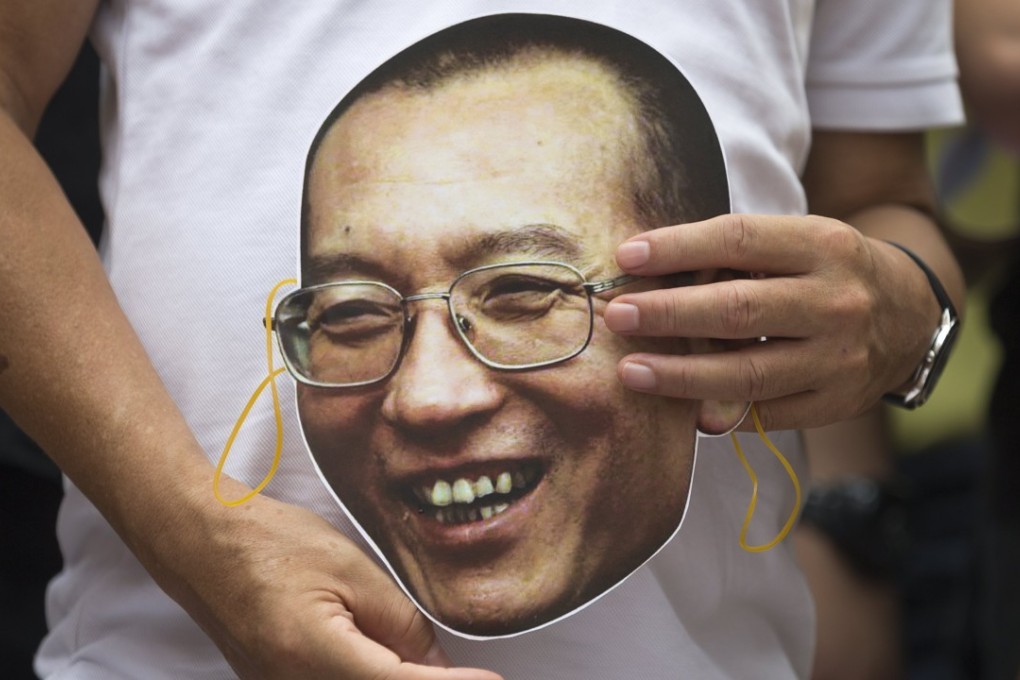How China buys the silence of the world’s human rights critics
Wealth and power have enabled China to mute challenges to its crackdown on free expression, paving the way for further muzzling of dissident voices

As Nobel Peace Prize laureate Liu Xiaobo struggles on his sick bed in a heavily guarded Chinese hospital, leaders of G20 nations gathered in Germany made no official mention of the activist.
It was a telling sign of the waning momentum of China’s human rights movement: the name of China’s most famous political prisoner was not even officially brought up as Chinese President Xi Jinping and German Chancellor Angela Merkel instead bonded over pandas and soccer.
Rather than upset the leader of the world’s second-largest economy and a major global ally, officials of foreign nations would rather keep their lips buttoned in public and focus on trade and bilateral ties.
This is in stark contrast to the days when international pressure could make a difference in the fate of individuals fighting for rights in China – when Beijing was still sensitive enough to listen.
Late Chinese astrophysicist Fang Lizhi, who was among the “black hands” blamed for instigating the 1989 Tiananmen Square protest, was welcomed into the Beijing embassy on June 5 that year as a guest of former US president George Bush with the help of veteran sinologist Perry Link. Fang and his wife hid in the embassy for 13 months before going on to live as exiles in the US. They also could be thankful for the negotiations of diplomat Henry Kissinger and Brent Scowcroft, who was then the US national security adviser.
Former political prisoner Wei Jingsheng, who spent about 18 years in jail, was released at the request of former US president Bill Clinton. Wei was deported by Beijing in 1997 after being granted medical parole, and headed to the US.